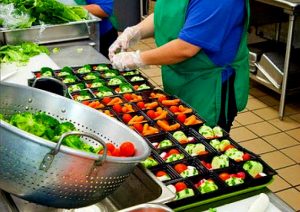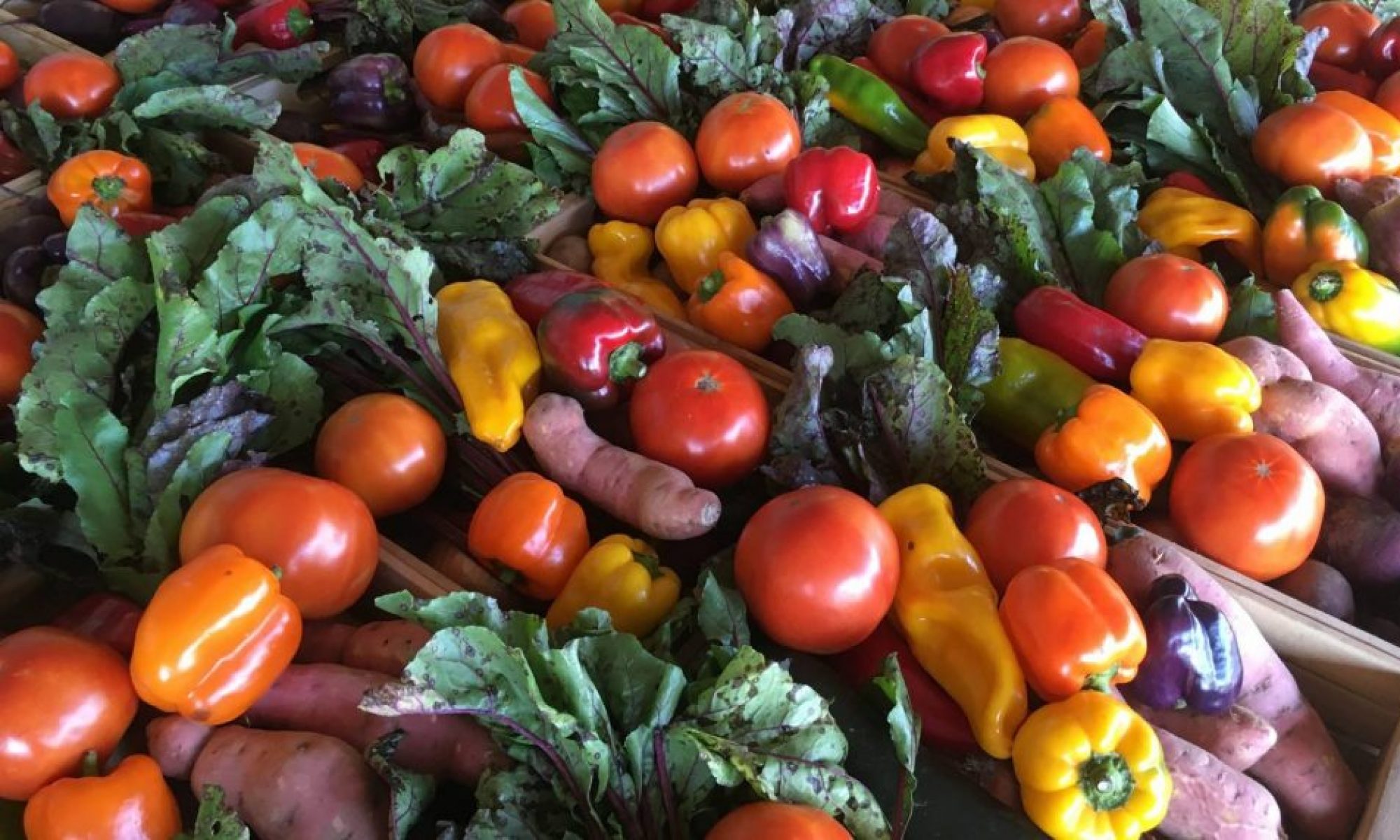 A growing number of schools are gradually transitioning from pre-made foods to more fresh, scratch cooked options. Given the emphasis on fresh fruits and vegetables, there is an opportunity for local growers to gain greater access to public school systems. According to the Virginia Department of Education (VDOE), there are currently 1,822 K-12 schools in Virginia as of the 2017-2018 school year. The USDA has been encouraging school districts to use locally-produced foods in school meals and to use “farm-to-school” activities to spark students’ interest in trying new foods. In an article published by NPR, they mentioned that more than a third—36 percent—of U.S school districts reported serving local foods in the 2011-12 or 2012-13 school years. Buying local became more feasible with federal legislation that passed in 2008 as well as 2010, when the U.S. Department of Agriculture created the Farm to School program to get more healthful food in schools and link smaller U.S. farmers with a steady market of lunchrooms.
A growing number of schools are gradually transitioning from pre-made foods to more fresh, scratch cooked options. Given the emphasis on fresh fruits and vegetables, there is an opportunity for local growers to gain greater access to public school systems. According to the Virginia Department of Education (VDOE), there are currently 1,822 K-12 schools in Virginia as of the 2017-2018 school year. The USDA has been encouraging school districts to use locally-produced foods in school meals and to use “farm-to-school” activities to spark students’ interest in trying new foods. In an article published by NPR, they mentioned that more than a third—36 percent—of U.S school districts reported serving local foods in the 2011-12 or 2012-13 school years. Buying local became more feasible with federal legislation that passed in 2008 as well as 2010, when the U.S. Department of Agriculture created the Farm to School program to get more healthful food in schools and link smaller U.S. farmers with a steady market of lunchrooms.
While Farm to School efforts in Virginia are certainly not new, the Virginia Department of Education (VDOE) recently received a USDA Farm to School Grant and is working with the National Farm to School Network and many Virginia partners to promote and increase the local sourcing of foods in Virginia public school systems. One of the early efforts of this project is creating a road map from farm to school in which school nutrition professionals, farmers, distributors, produce company representatives, and anyone interested in Farm to School will come together help develop a common vision for how to increase access to fresh, healthy, locally grown food in schools. VDOE is holding 8 Regional Farm to School Network Kickoff Meetings across the Commonwealth in February and March.
This work will help VDOE and all the many partners involved to chart the course for next steps in Virginia. VCE is integrally involved in this wonderful effort and is collaborating with the regional meetings, as well as a Farm to School Survey that will build on a previous Farm to School survey conducted in 2010. For more information on the regional meetings, please see the event section of the blog.
